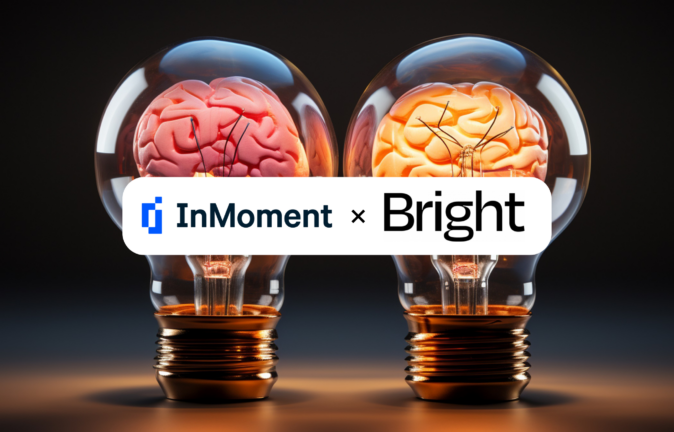In today's internet landscape, chatbots play a crucial role in online interactions. However, a recent survey conducted by Applause reveals a level of caution among respondents when it comes to trusting these chatbots, as nearly 90% of respondents remain careful about sharing personal data with chatbots. The comprehensive study aimed to explore usage patterns and attitudes toward Gen AI tools, particularly focusing on chatbots and their role within software testing.
While respondents acknowledged improvements in chatbots' ability to handle toxic and inaccurate responses, concerns regarding bias, performance, and data privacy persist.
“It’s clear from the survey that consumers are keen to use Gen AI chatbots, and some have even integrated it into their daily lives for tasks like research and search. Chatbots are getting better at dealing with toxicity, bias and inaccuracy – however, concerns still remain. Not surprisingly, switching between chatbots to accomplish different tasks is common, while multimodal capabilities are now table stakes. To gain further adoption, chatbots need to continue to train models on quality data in specific domains and thoroughly test across a diverse user base to drive down toxicity and inaccuracy,” said Chris Sheehan, SVP Strategic Accounts and AI at Applause.
Another survey by Applause showed similar results, as 90% expressed concerns related to bias, copyright problems, and the creation of false content by AI.

Chatbot utilization
One of the key insights from the survey is the continued apprehension among respondents regarding biased or inaccurate results and potential data privacy breaches associated with chatbots. Despite advancements, these concerns remain prevalent among users.
Additionally, the survey highlighted that chatbots are predominantly utilized for research purposes, showcasing their growing importance in information-gathering and analysis tasks.
ChatGPT emerges as the most prevalent among the array of chatbots available, with ChatGPT, Gemini, and Microsoft Copilot leading the usage charts. However, a significant proportion of respondents have explored various other chatbots for specific tasks.
Almost all respondents (91%) have utilized chatbots for research purposes, with approximately 33% incorporating chatbots into their daily research routines.
Despite widespread adoption, users express a desire for enhanced chatbot features, including better source attribution, localized responses, multilingual support, and deeper personalization.
Moreover, respondents emphasized the significance of multimodal capabilities for broader chatbot adoption. A considerable number of respondents deemed the ability to interact with chatbots through various modalities, such as text and voice commands, essential. This underscores the importance of enhancing chatbot functionality to cater to diverse user preferences and needs.
GenAI adoption across tasks
In terms of Gen AI's integration into software development and testing, the survey revealed a growing trend towards its adoption across various tasks. From writing and debugging code to test reporting and app development, Gen AI tools are increasingly becoming indispensable in software development processes.
While chatbots show promise in managing toxic and inaccurate responses, concerns persist around data privacy and the prevalence of biased or inaccurate responses. A substantial majority (89%) of respondents remain cautious about providing private information to chatbots, reflecting the ongoing importance of data protection in digital interactions.









